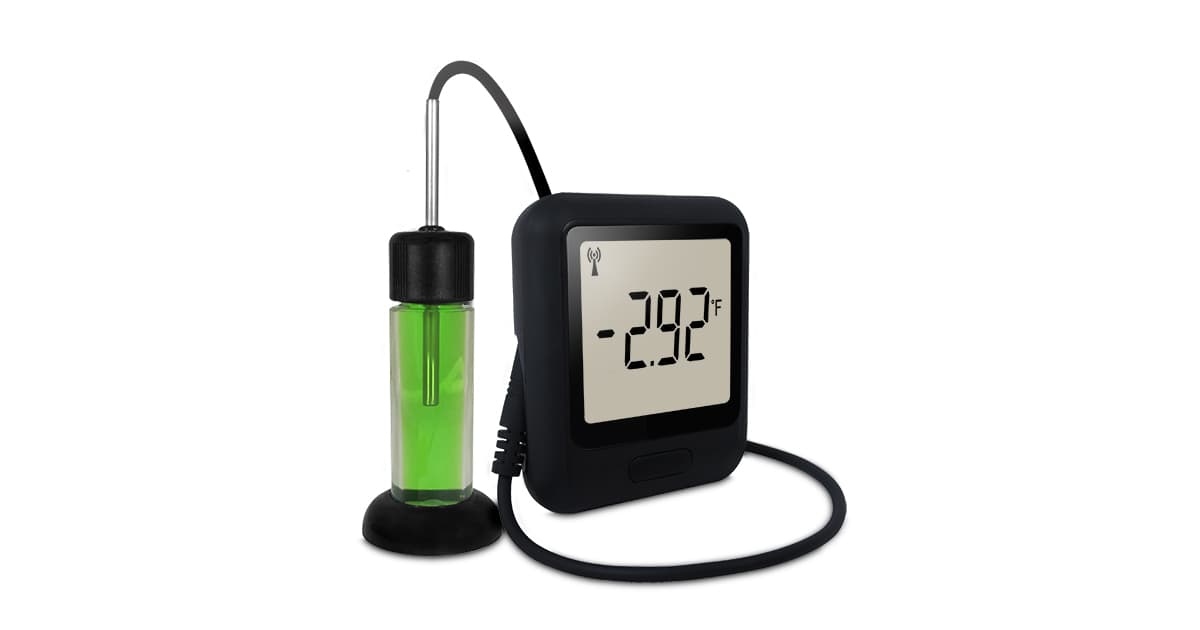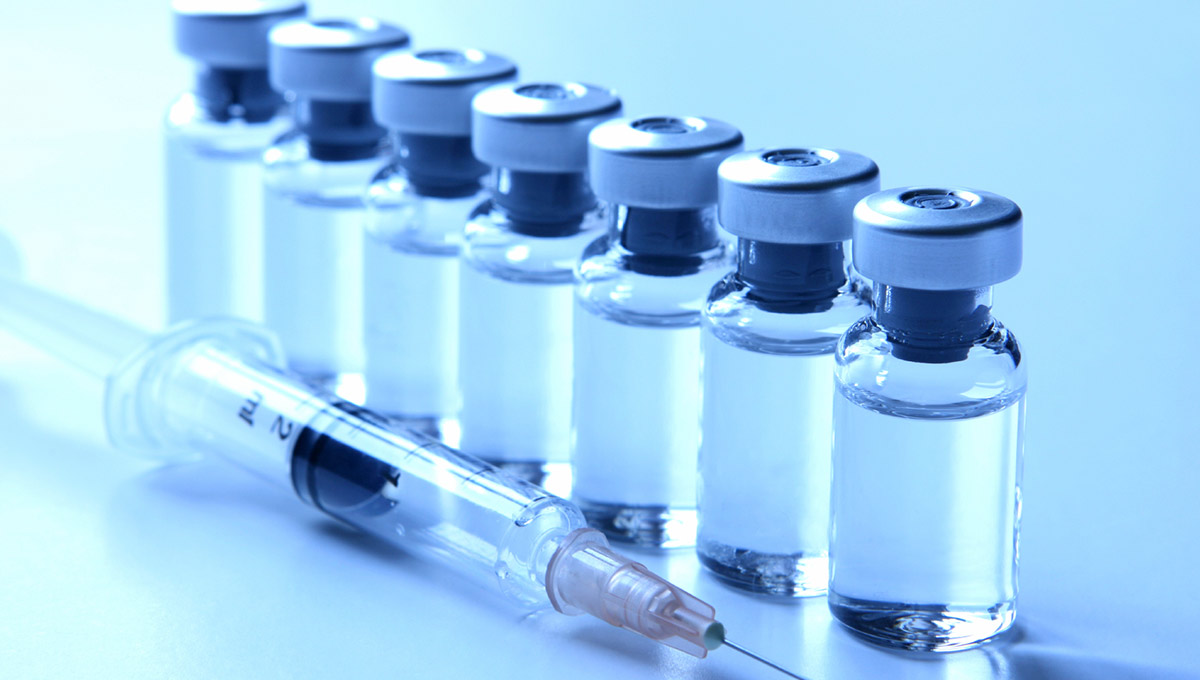Temperature Monitoring of Vaccines
ZD Zagorje is a health care center based in Ljubljana, Slovenia. The practice is a full service center offering private care, health education and a pharmacy. Child vaccinations are a very routine procedure in the center – in fact, they’re possibly the most common procedure the clinic undertakes.

Slovenia has one of the world’s most aggressive and comprehensive vaccination programs, and treatment of nine diseases is mandatory.
Within the first three months of life, infants must be vaccinated against tuberculosis, tetanus, polio, pertussis, and Haemophilus influenza type B. After this, at 18 months, children then require vaccinations for measles, mumps and rubella.
Finally, the child must be vaccinated for hepatitis B, prior to starting school. The state also conducts systematic examinations of children prior to entering kindergarten and going on holiday.
While it is possible for families to submit an exemption form on behalf of their children, typically for reasons of religion and conscience, it is extremely unlikely for these to be accepted. Meanwhile, with failure to comply with vaccination regulations which results in a fine, Slovenia enjoys a compliance rate of over 95%.
Generally, medical facilities are required to regulate, monitor and record their vaccine temperatures on a daily basis, ensuring that no vaccine falls outside the safe zone: 1°C to -43°C (35°F to 5-46°F) for fridges, and below -15°C (5°F) for freezers.
At ZD Zagorje, audits are carried out weekly to check the temperature and quality of vaccines stored onsite. The clinic must be able to present the data that has been logged each day in an easy-to-read format on request in order to ensure that the vaccines remain safe and potent.

The challenge
Previously, ZD Zagorje monitored its vaccines manually, taking readings using standard mercury thermometers once an hour. These were then recorded by hand on a written data sheet.
As this had to be done by a member of staff, no temperatures were recorded outside of working hours, meaning staff were unaware if any temperature fluctuations occurred overnight.
An extreme example of the weaknesses inherent in mercury thermometers for vaccine temperature monitoring came during an overnight power-outage. Given the thermometers were only monitored during the day, there was no way to tell what temperature the vaccines had fallen to during the night.
This meant that, regardless of what the temperature was now being reported, the batch had to be considered unsafe and a significant quantity of vaccines had to be disposed of.
This not only delayed the vaccination of the children these vaccines were intended for, but also a significant loss of revenue for the clinic.
The solution
Due to the demand of staff and customers alike, ZD Zagorje began to look for a more robust and modern solution to the problem of vaccine monitoring.
To this end, ZD Zagorje now possesses several of our EL-WiFi data logging sensors, that automatically record the temperature at set intervals – a reading every 15 minutes and then sends the data wirelessly to their Cloud account. Staff can then simply manage, download and print the data in a report form.
The EL-WIFI-VAC Vaccine Monitoring Package includes a Glycol filled probe which is designed to provide a buffered response to changes in the temperature. This helps to simulate the thermal lag experienced by products stored in the monitored environment.

Benefits
ZD Zagorje chose our EL-WiFi sensors primarily to be able to monitor temperature around the clock, as well as to reduce staff resource spent taking readings.
The data is now stored offsite and can be examined in a simple, easy to read format. The company can print off the reports, store them offline for reference, and share a copy with auditors each week.
It took far too long to check and record our vaccine temperatures everyday. With the amount we have at any one time, we needed a better solution. The EL-WIFI-VAC Temperature sensors cut out so much valuable time spent on checking the vaccines constantly, meaning we can use our resources elsewhere.
Gašper Repanšek, ZD Zagorje


